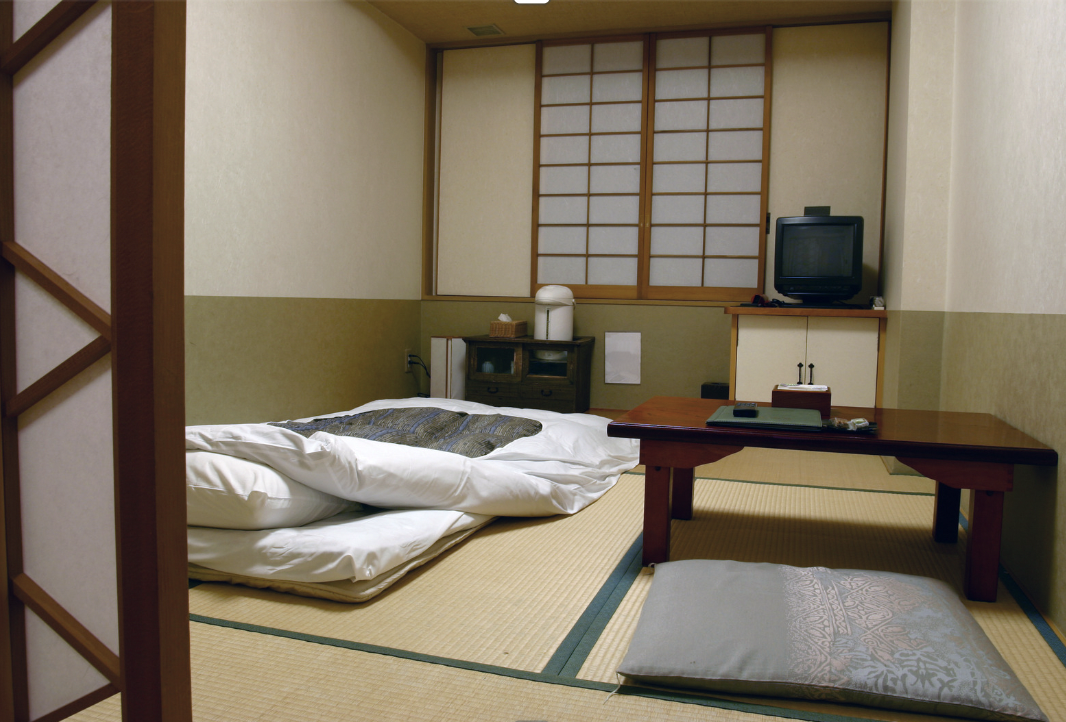Many Americans dream of being able to pack up and move to another country—be it as a more affordable way of living, or just for the thrill of being fully immersed in another culture. But no matter what pulls you across the globe, it is good to venture with a solid foundation of facts so that you have realistic expectations. After all, life will have its ups and downs, no matter where you happen to be living it.
Recently, X user @Bunburyyōdō, who happened to be an expat living in Japan since the early 2000s, shared some advice for those who wanted to live there and fully enjoy it. Some of their suggestions are bits of good ol’ common sense, and others are a bit more obscure. But all of them cut through a lot of assumptions Westerners might have about the Land of the Rising Sun.
1. Think about other job options besides teaching English
Many people consider teaching English in Japan to be an “easy” way of making income since it’s in fairly high demand. However, there’s still competition for this type of work, especially in major cities like Tokyo, plus potentially longer work days and commutes, plus somewhat low salaries and not a lot of upward mobility.
@Bunburyyōdō encourages folks to consider this kind of job temporary. Use it “to get a visa and a paycheck for a few years then move on.” And consider learning other marketable skills and obtaining higher education/professional certifications is equally crucial to really thrive.
2. Learn the language. Just do it.
While English may be a common language in other areas of the world, it isn’t in Japan. And while learning Japanese isn’t easy, not learning it essentially cuts you off from a large portion of society, which is obviously not ideal long term.
“Your life improves the more Japanese you can speak,” @Bunburyyōdō says.
3. Prepare to always be treated as a minority
No matter how long you live in Japan, you will still be considered a “gaijin,” or outsider. But the intent behind it isn’t malicious. Japan is just less of a melting pot culture than the U.S. So folks not from there tend to stick out more.
Again, this is where learning the language can help. And one person shared, “If people seem standoffish, it’s often because they’re not sure if they can communicate. Once they realize that you can speak some Japanese, they’re likely to open up.”
To that point, @Bunburyyōdō advises “rolling with the stereotypes” that might come your way.
“I’m British but I hate football. Guess what everyone wants to talk to me about when they meet me for the first time and realize I’m British?” he quips.
4. Discrimination laws are lax, especially with housing
This is a less and ideal truth, but a truth nonetheless. Part of the issue stems from foreigners deliberately leaving the country without notifying their landlord, thereby prompting landlords to refuse renting their properties to foreigners to hopefully avoid dealing with such situations.
While this might seem unethical, @Bunburyyōdō says “having this attitude won’t help you find a place to live,” unless you magically know how to change the country overnight or can afford to buy your own property. Instead, he suggests enlisting the help of an agent to find landlords that do work with foreigners.

5. Don’t put off getting a visa. And maybe avoid doing a green card marriage.
This should be your “number 1 priority,” according to @Bunburyyōdō. While there a variety of different available visas, each with different requirements, in general you will need to have lived in the country for 10 consecutive years, be able to prove a stable income (no fixed amount here, but around 3 million yen is a good place to start from), maintain “good conduct” (meaning no criminal record and taxes paid on time), having a guarantor, and of course having loads of different documentation.
And while getting married simply to obtain a visa is certainly a thing, @Bunburyyōdō warns that, besides it having legal consequences, prompts a “power imbalance” which is “toxic.”
“There are too many stories of inept foreign men with, ‘crazy Japanese wives.’ Don’t be one of them,” he says.
6. Get a hobby
This might seem a little general, but apparently Americans assume “being in Japan” is in itself the hobby. It is not. However, its worth noting that Japan offers hobby options that aren’t as prevalent in America, especially in the realm of arts and sports. You think Colorado is the crème de la crème of rock climbing? Guess again.
7. Avoid Vending Machines
There are over 5.5 million vending machines in Japan—with a population of 125.7 million, that means there’s one vending machine for every 23 people. You can practically find them everywhere, offering everything from cakes in cans to hot, fresh ramen to novelty horror trinkets and even, ahem, more adult items. Of course this can be alluring and fun to try, @Bunburyyōdō warns that the prices are marked up and should only be used in a pinch.































